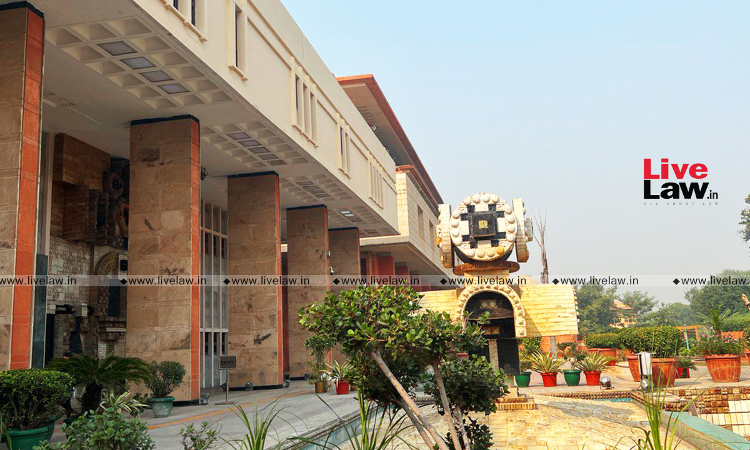Delhi High Court Stays Reassessment Order Based On Internal Audit Objection
Mariya Paliwala
14 Feb 2023 10:30 AM IST

Next Story
14 Feb 2023 10:30 AM IST
The Delhi High Court has stayed the reassessment order based on an internal audit objection.The division bench of Justice Rajiv Shadher and Justice Tara Vitasta Ganju has observed that the expression "any audit objection" was introduced only by the Finance Act, 2022, although with effect from April 1, 2012. Prior to the amendment, the expression obtained in Explanation 1(ii) appended to...
